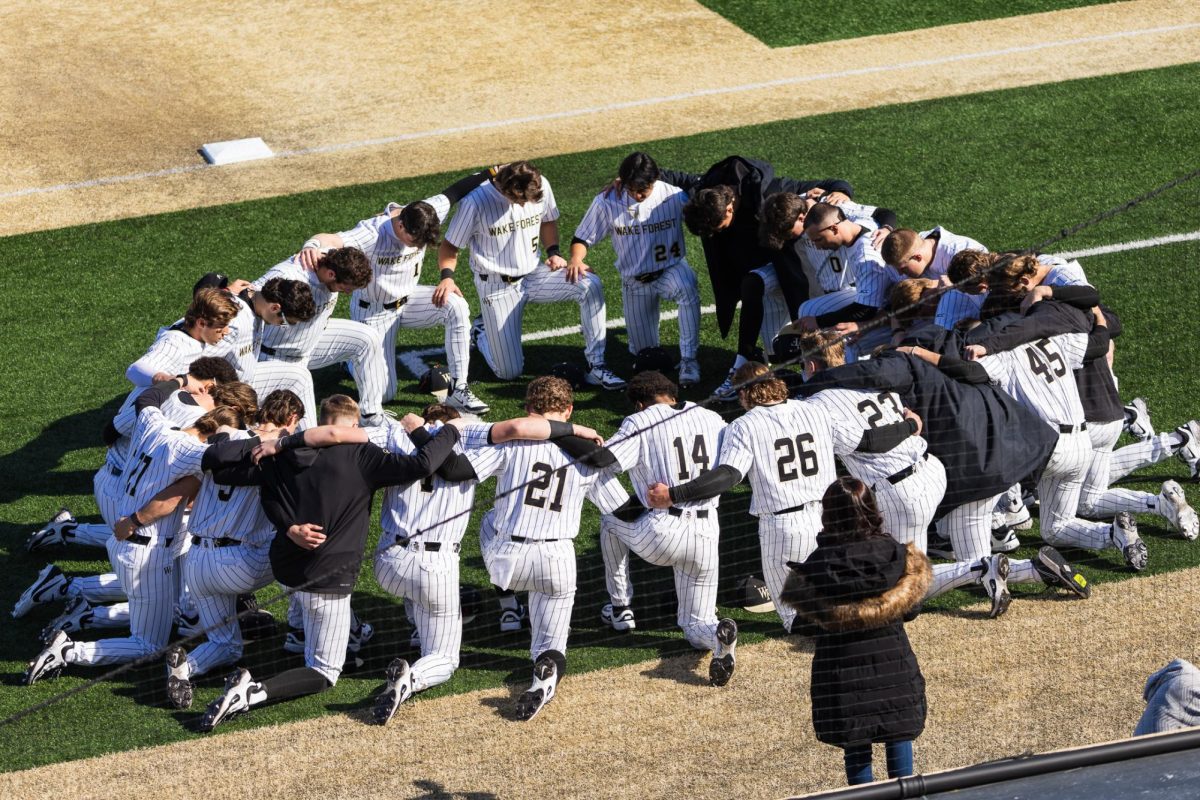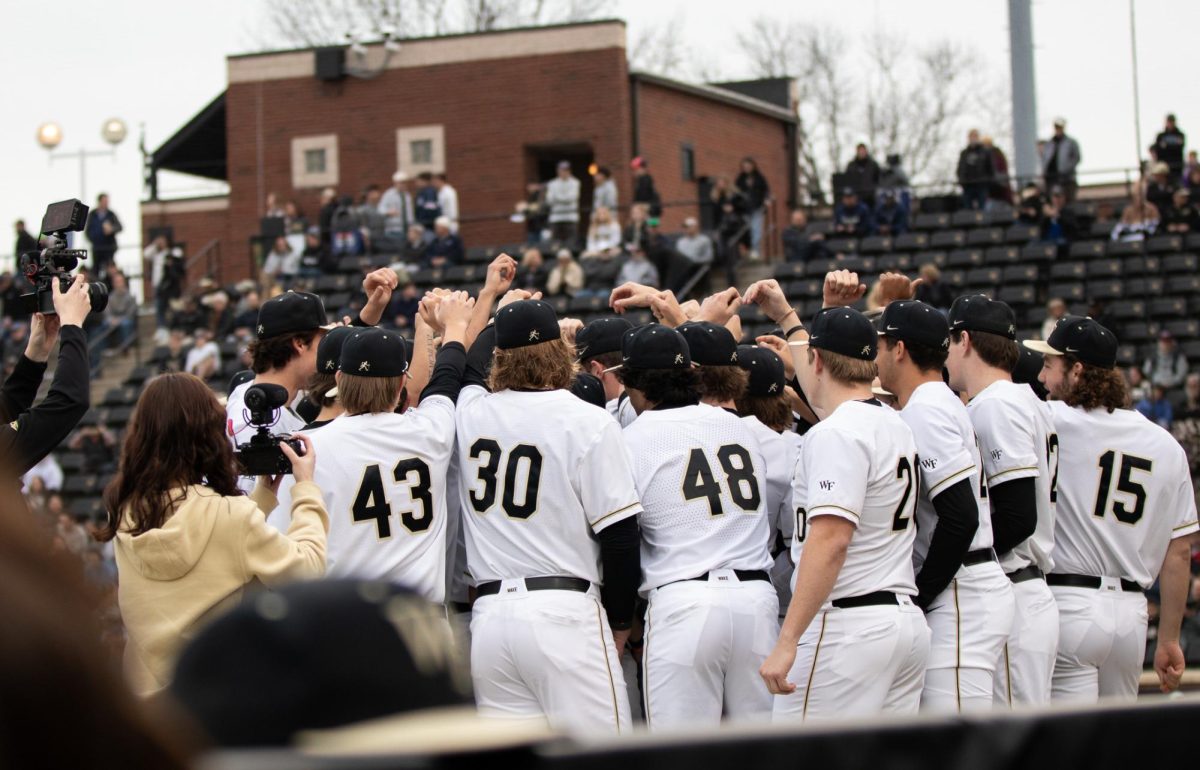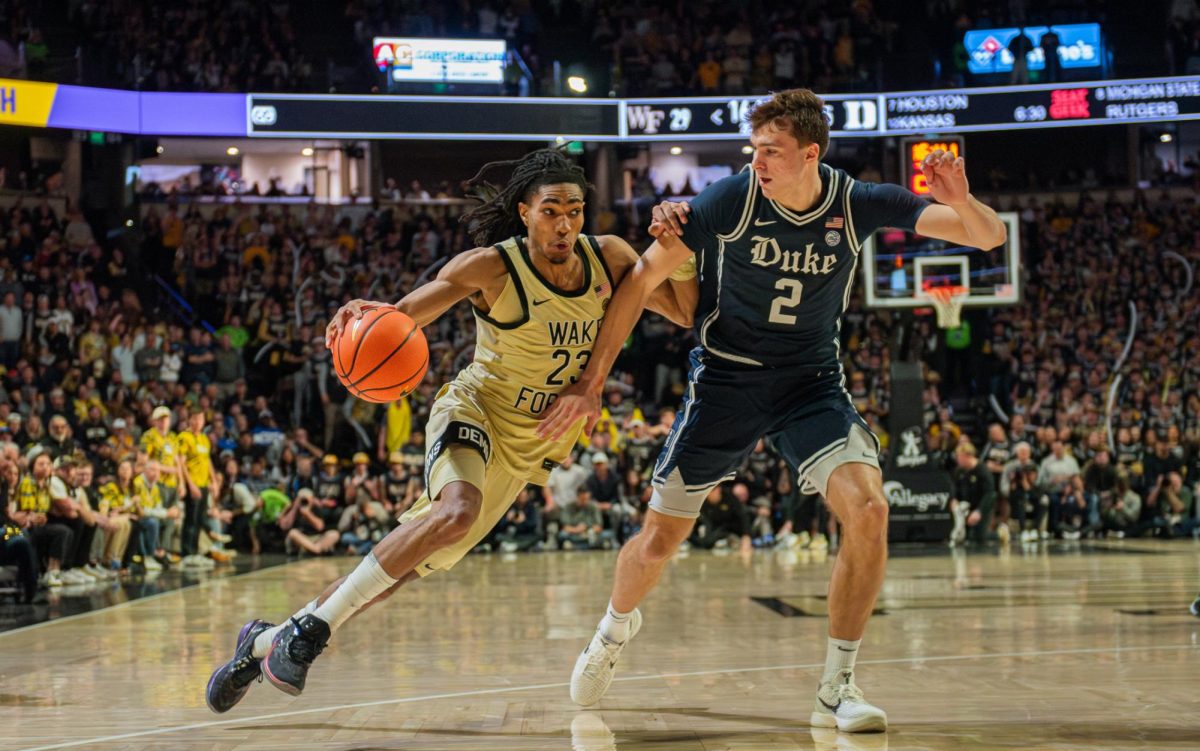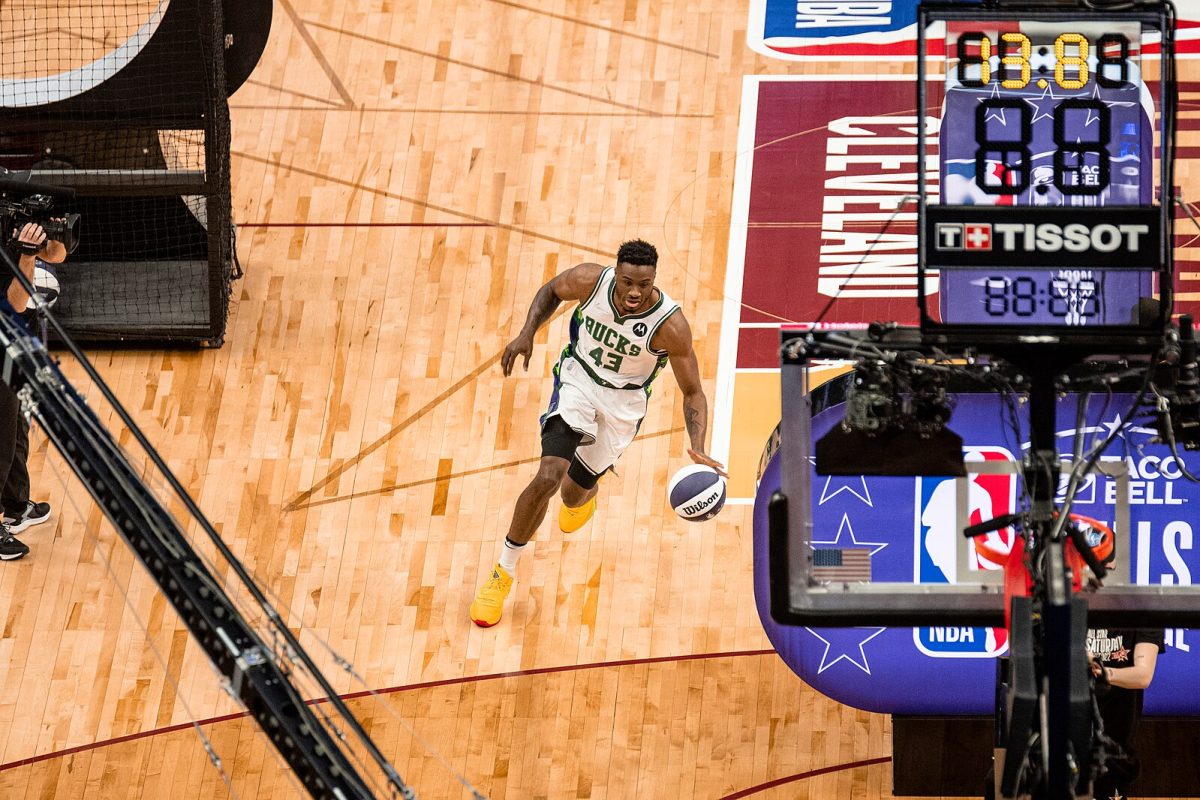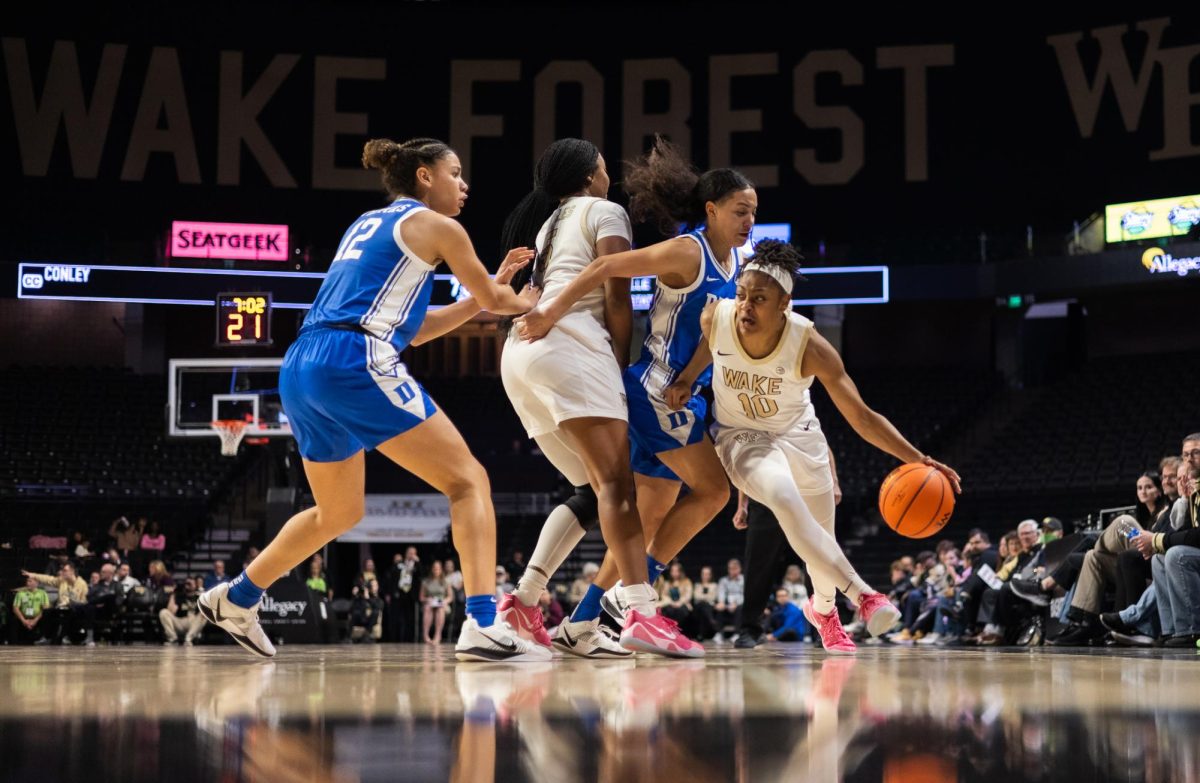After losing Friday night, the New York Yankees were eliminated from the postseason, thereby failing to claim their elusive 28th World Series title for the 11th year in a row. This year, it wasn’t the scandalous Houston Astros or the hated-rival Boston Red Sox who knocked the Yanks out of contention, but rather the less well-known Tampa Bay Rays, who prevailed in the scintillating five game series.
This loss, however, was particularly galling for New Yorkers. Don’t get me wrong — losses to big-market foes are disappointing, but these, at least, are significantly more excusable in the eyes of Yankees supporters than losses to small-market teams such as the Rays. Yet, while it may sound surprising to the bandwagon fan or Vegas oddsmakers (who favored the Yankees in the series), the fact of the matter is that the Rays were a significantly better team than the Yankees all season long, and deserved the series win over their division rival.
The Rays’ victory is a big win for the little guys, especially considering baseball’s refusal to implement a salary cap on team payrolls. In other North American pro sports leagues like the NFL or NHL, a team’s budget is limited in order to create a more competitively balanced playing field. Such a system ensures that franchises in larger markets, like New York or Los Angeles, can’t pry all of the great players away from small-market teams without the financial capital to offer massive contracts.
While some baseball fans may point to the Yankees as a prime example of why MLB needs to implement a salary cap, Tampa Bay’s victory goes a long way towards disproving such an argument. In fact, in their decisive game five victory in which they won 2-1, the Rays were up against the Yankees newest blockbuster acquisition, ace pitcher Gerrit Cole.
In December, the Yankees made Cole the highest paid pitcher in baseball history, signing him to a nine year deal worth an astounding $324 million. Per his new contract, Cole gets paid more per year ($36 million) than the Rays’ entire starting batting lineup combined ($19.7 million). And while Cole pitched well on just four days’ rest, he eventually surrendered a game-tying, fifth inning homer, to Austin Meadows (salary: $580,000), which changed the complexion of the game entirely.
The Rays’ patient approach at the plate paid off as the exhausted Cole departed from the game in the sixth inning, forcing the Yankees to reach into their bullpen. Such played right into the Rays’ hands: in the bottom of the 8th inning, with the score still deadlocked at 1-1, the Rays’ Michael Brosseau (salary: $563,000) connected on an Aroldis Chapman (salary: $15 million) fastball and launched it into the left-field seats to send the Rays to the ALCS.
Brosseau’s home run not only capped off an epic, 10 pitch at-bat, but also served as sweet revenge. Less than a month prior, Brosseau had been involved in a dust-up with the Yankees when Chapman hurled a 101 mph fastball towards his head.
To the naked eye, the series resembled a David vs. Goliath matchup — the Yankees have the highest payroll in baseball while the Rays have the fourth-lowest — but in reality, the opposite was true. The Rays outplayed the Yankees the entire season, winning eight of ten matchups during the regular season and finishing a full seven games ahead of New York in the American League East. That success is not only a testament to the genius of the Rays’ front office, but also a fitting rejoinder to those who believe that the lack of a salary cap rule in baseball means that only the “Goliaths” of the sport can succeed.
It is easy to understand why MLB would want teams like the Yankees — who bring in tremendous cash via broadcasting rights, ticket sales and merchandising — to be successful, but this doesn’t mean that small-market teams like Tampa Bay can’t succeed as well. Instead of paying the most coveted free agents hundreds of million of dollars each off-season, perhaps the Yankees should look to Tampa Bay for ideas on how to improve their roster. If they don’t, next year may well mark the 12th in a row without a title for the Pinstripes, the equivalent of an eternity for the sport’s most revered and heralded franchise.
As for the Rays, next up are the despicable, sign-stealing Houston Astros. Houston “only” maintains the fourth-highest payroll in baseball, so I’ll take David … again.





